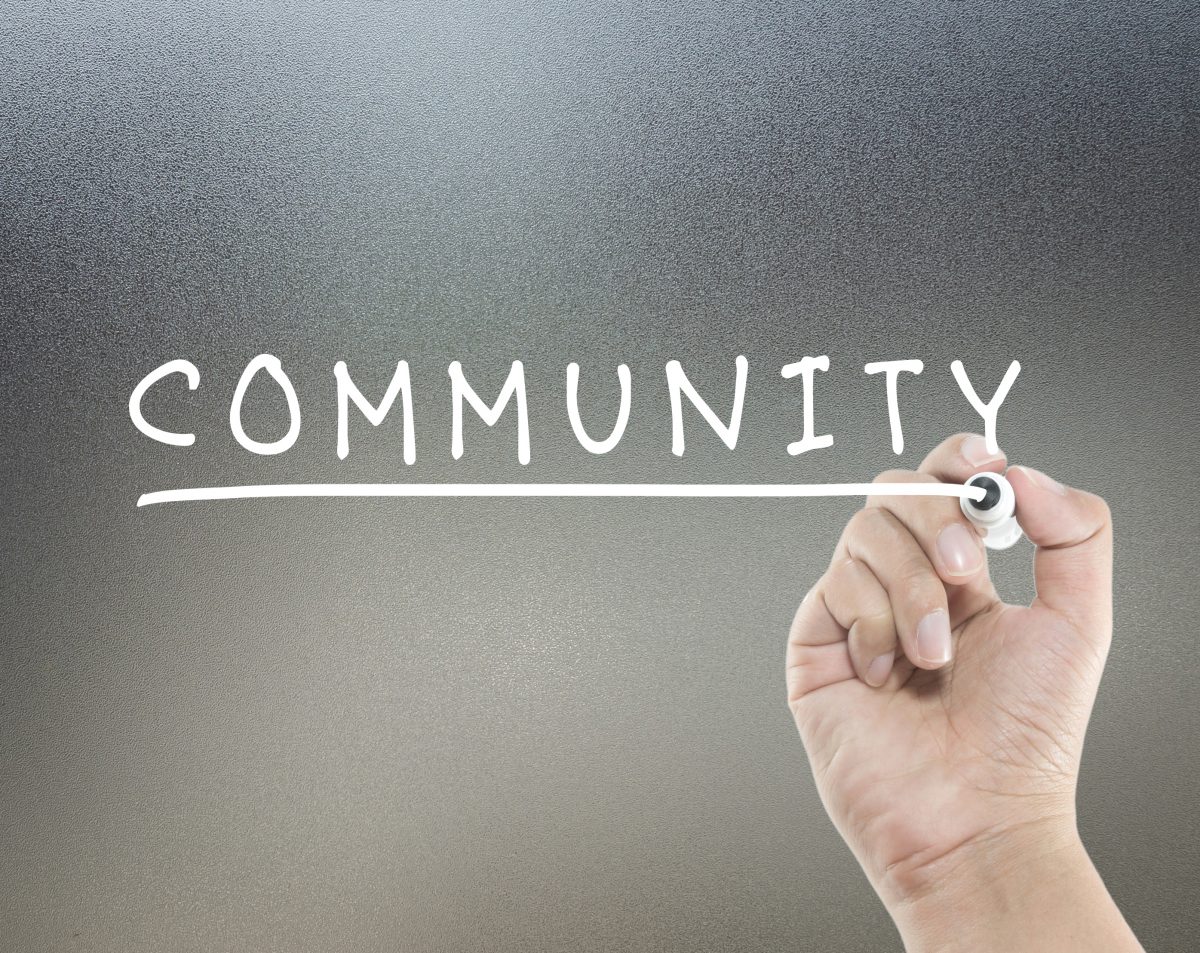Recently I had the opportunity to participate in a panel discussion sponsored by The Edyth Bush Institute for Philanthropy & Nonprofit Leadership and Rollins College Crummer Graduate School of Business in Winter Park, Florida. Six business executives from various size companies came together to discuss how planned community engagement can be a priority regardless of a company’s size or industry. I was encouraged by our shared commitment to leverage our business resources for the betterment of others. I was also fascinated by the common themes that emerged through the discussion and of our shared responses.
Leadership Sets the Tone
The entire panel agreed that a meaningful program starts with a clearly-stated vision for community service from leadership. An endorsement from the executive team is a source of motivation and accountability for the staff responsible for implementing this action plan. Also, leaders who take time at the beginning of an initiative to empower key staff will save time as there are numerous decisions to be made that have with workday implications, such as budget allocations and staff scheduling.
Many Ways to Make a Difference
Where does a company begin? For many of the companies represented on the panel, ideas for their current initiatives came from their employees. Talking to staff about their passions is definitely a good place to start.
To decide on a next step, factors such as community need, projected impact, reputation, required time and resources should also be considered. There was consensus that success is more likely when a project is aligned with the organization’s values and mission. In this case, the outcomes are a natural extension of the organization in a way that benefits a new constituency.
Measuring Success
While we want to feel good about our participation with the community, objective measurement of results is important. The panel members acknowledged that each company has a limited amount and availability of resources. With an ever-present list of needs and potential projects, objective measures of the impact can help justify the engagement and direct future opportunities.
Motivation
Panel members were resoundingly unanimous in stating that the reason for community engagement was not for another plaque or trophy, but rather it is the right thing to do! We, as a company, understand that we are an integral part of the community and have a responsibility to our neighbors. When we help those in need, we all win. Secondly, we benefit from an increase in the morale of our employees. Making a difference in the lives of others makes one feel positive and can be a motivator to improve one’s self. Serving is also a fantastic way to learn about colleagues away from the work setting. We become more than just employees.
What seemed most compelling to the panel as the reason for community involvement were the stories and the smiles. These are the precious moments that make it worthwhile and give us something to remember and feel good about.


